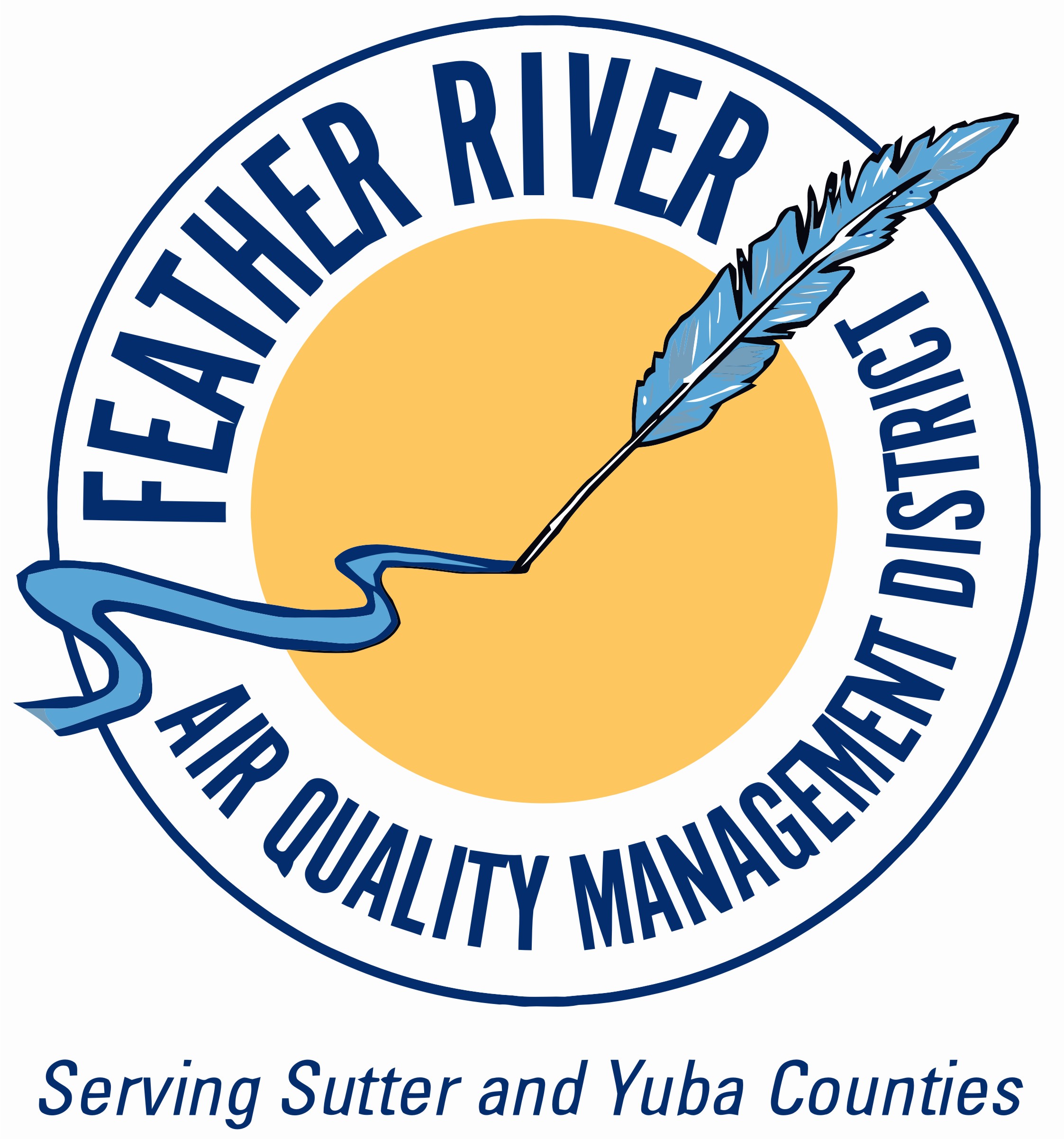Air Quality Advisory
Effective August 4 to August 9, 2016
The Feather River Air Quality Management District Air Pollution Control Officer is issuing this Air Quality Advisory to notify the public of possible impacts to air quality in Yuba and Sutter Counties due to wildfire smoke primarily due to the Cold Fire near Winters.
This Advisory will be in effect today, August 4, 2016, through the expected date of containment of the Cold Fire, August 9, 2016.
Air quality is forecast to be moderate in areas without smoke impacts, however local conditions may rapidly deteriorate and residents are advised to take precautions if they see or smell smoke. Forecasts call for predominately-southerly winds for the Yuba-Sutter region for the Advisory period, raising the potential for smoke impacts from the Cold Fire until containment and/or smoke generation is reduced. Areas may be intermittently impacted as the winds shift and temperatures change.
Wildfires produce large amounts of smoke which includes emissions of fine particulate matter (PM2.5) and can lead to elevated ozone levels. While all people may experience varying degrees of symptoms, the more sensitive individuals, such as the young, elderly and those with respiratory conditions, are of greatest risk at experiencing more aggravated symptoms. At the unhealthy level everyone may begin to experience adverse health effects, which may include, but are not limited to coughing, watery and itchy eyes, and difficulty in breathing.
Particulate and ozone concentrations from the monitor in Yuba City can be viewed online at: www.fraqmd.org. You can also sign up to receive air quality alerts and forecasts on our webpage. Current air quality in the Sacramento region can be viewed at www.sparetheair.com.
Individuals who see or smell smoke should take the following actions to protect their health:
- Avoid voluntary outdoor activities if you can see or smell smoke, even if you’re healthy
- Children, the elderly and people with respiratory or heart conditions should be particularly careful to avoid exposure
- Stay indoors with doors and windows closed as much as possible
- Asthmatics should follow their asthma management plan
- Contact your doctor if you have symptoms of cough, shortness of breath, or other symptoms you believe to be caused by smoke
- Those with heart disease should especially limit their smoke exposure since PM can cause heart attacks
For more information on health effects of smoke please visit: http://www.airnow.gov/index.cfm?action=smoke.index. For additional information please visit www.fraqmd.org or call the District office at (530) 634-7659.
